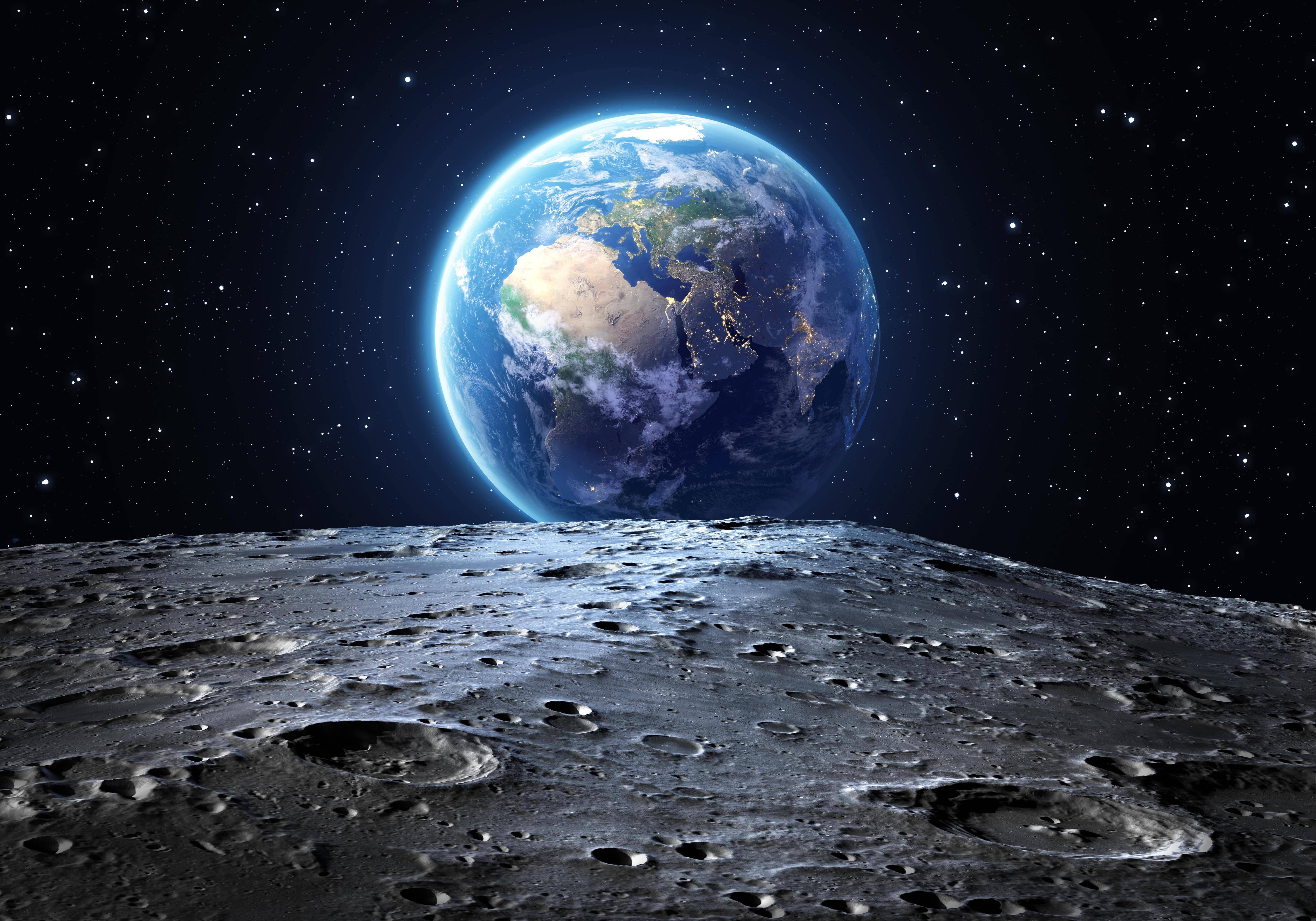Sending a Library of Knowledge to the Moon, Encoded in DNA

Space inspires some of our most creative aspirations. The Arch Mission Foundation is pursuing such a vision with the development of information archives called “Arch Libraries,” designed to survive for long periods of time in space as well as on the surfaces of planets, moons, and asteroids.
To facilitate its dream, the Arch Mission Foundation intends to launch a Lunar Library, which will place Wikipedia and other archival information sources on the Moon in 2020. And to contain and protect this material for what they believe will be thousands of years on the Moon, the Arch Mission Foundation says it will encode this knowledge into synthetic DNA from Twist Bioscience, Microsoft, and the University of Washington. The DNA Archive will feature, among other items, 10,000 crowdsourced images and the full text of 20 books, all of which is encoded as data into billions of synthetic DNA molecules and encapsulated for long-term preservation.
“The materials in the DNA Library -- our first Special Collection – will be the largest collection of data ever written to synthetic DNA. We’re proud that this addition to the Lunar Library builds on our mission of preserving data by safeguarding both classic works and precious memories,” said Nova Spivack, Co-founder of the Arch Mission Foundation.
Twist Bioscience, Microsoft, and the University of Washington are natural partners for the project. They are already developing a photo collection to be encoded in DNA as part of their “Memories in DNA” project, which encourages people to share images they wish to remember forever in a type of time capsule which could be sent to the Moon. For the current project, members of the public can contribute their own images to the Lunar Library by submitting them for consideration at http://memoriesindna.com or by emailing an attachment to lunarlibrary@memoriesindna.com.
Twist Bioscience is synthesizing the DNA. “At Twist, we believe in using the unparalleled potential of DNA to enable those with unique and important visions to think beyond the bounds of the world we know today,” said Twist Bioscience’s CTO Bill Peck. “That’s why we were so excited to support Arch Mission with our disruptive silicon-based DNA synthesis platform that writes highly accurate and precise synthetic DNA at an unprecedented scale. This project pushes the boundaries of DNA storage, bringing secure and efficient data storage into a new age.”
Here is a full account of the project.
If you are interested in learning more about how digital data is stored in DNA, please take a look at this quick, informative video.
您怎么认为?
喜欢
不喜欢
喜爱
惊讶
有兴趣
